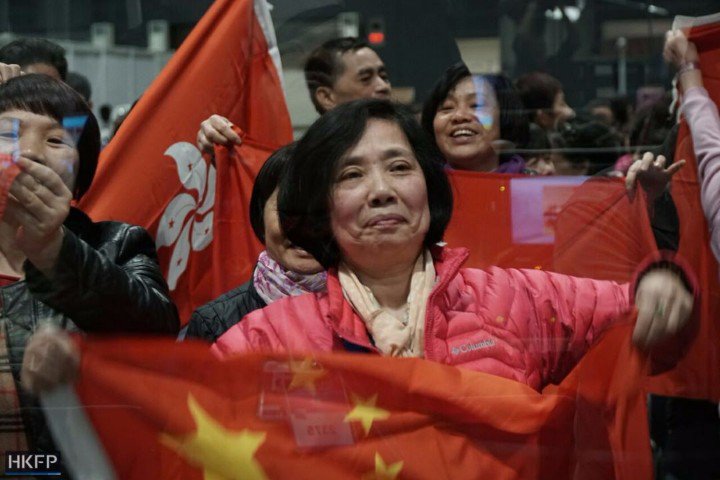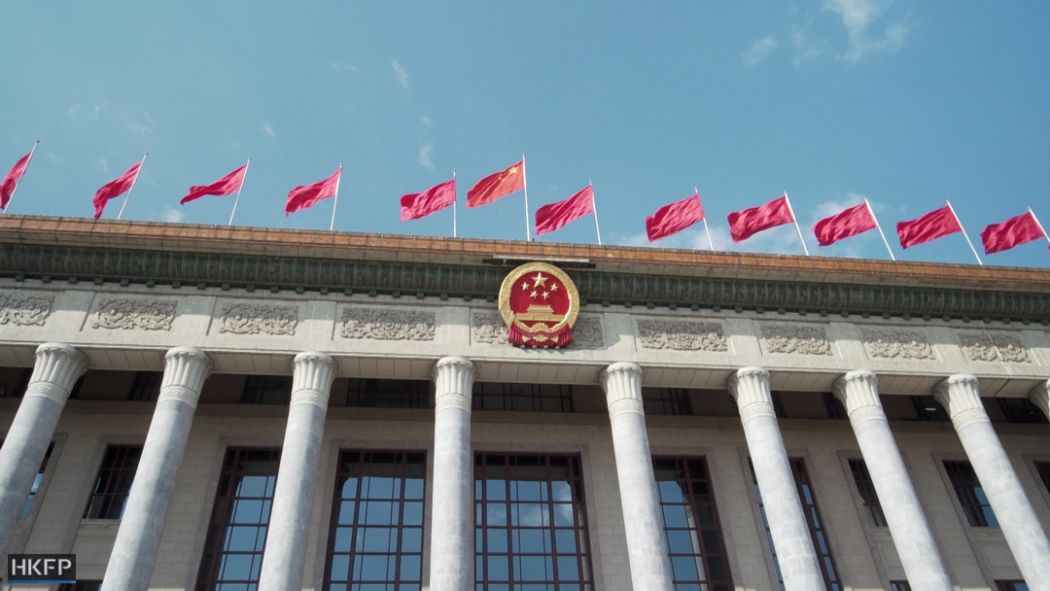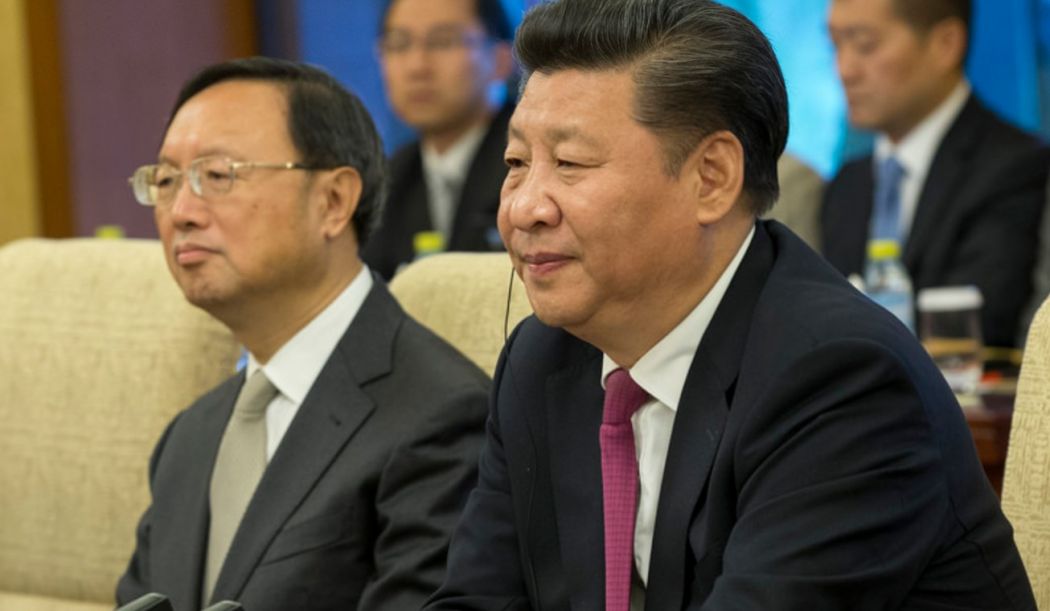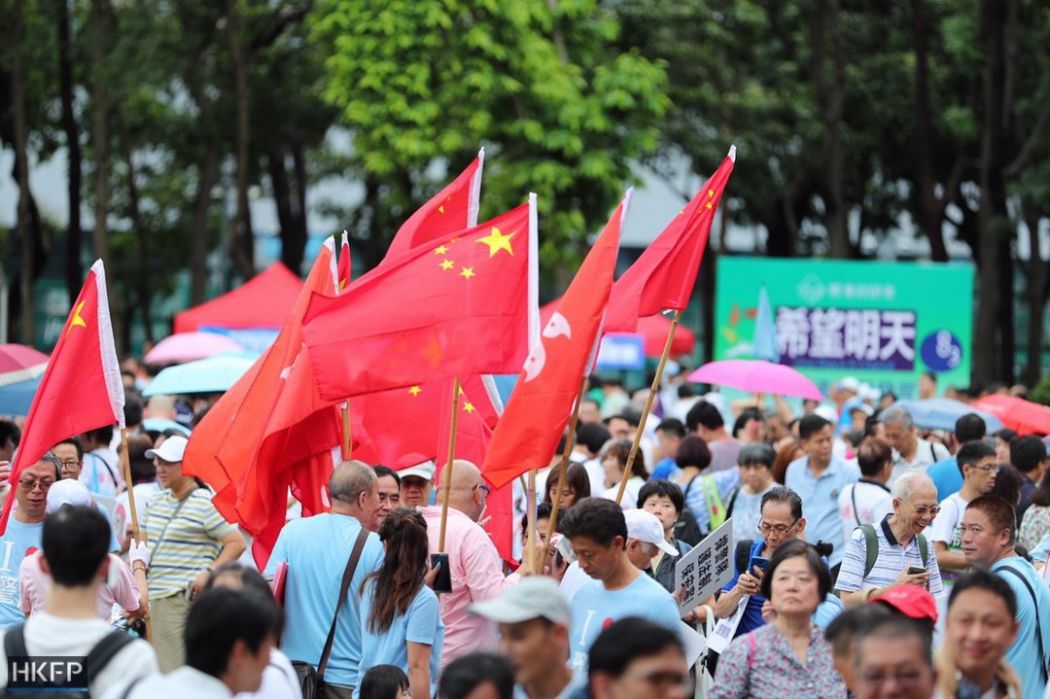By Jean-Pierre Cabestan
The People’s Republic of China (PRC) turns 70 on Wednesday and, in many respects, the secret of its longevity is to have undone in the last 40 years what Mao tried to build — and destroy — in the first 30 years.
Nonetheless, to a large extent, Xi Jinping’s increasingly authoritarian political regime keeps going against the tide of history. Isn’t it time for the PRC to retire? In spite of the Chinese Communist Party (CCP)’s conservatism, weaknesses and signs of atrophy, the PRC Party-state is still strong, stable and resilient and can survive for a long time.

The PRC political system presents many contradictions, weaknesses and signs of atrophy. Its founder, Mao Zedong, is still worshipped although he caused the deaths of many Chinese. The CCP’s ideology and political structures are out of step with both China’s social reality and international environment.
On the one hand, it prevents the emergence of a civil society and contributes to deepening the gap between the one-party system and a more and more pluralistic society. In the last two decades, Chinese society has witnessed deep changes, among them the two most striking ones have been an unprecedented process of urbanisation and an impressive religious, especially Christian, revival. Both transformations constitute obvious sources of fresh state-society tensions.
On the other hand, the Party-state is preventing the Chinese society from being fully globalised and integrated in the international community, perceiving risks and threats everywhere. The tight control of the Internet, the introduction of a social credit system that checks on citizens’ every-day behaviour and the ominous use of facial recognition—not to mention the detention for re-education of over a million Uighurs in Xinjiang—are clear signs of the Party’s increasing paranoia.
The CCP has intensified its ideological Cold War with the West, especially the United States. It has also fed unprecedented fears in Hong Kong, as the current political crisis unfolding in the special administrative region has demonstrated. It has also more than ever convinced Taiwan to remain de facto independent.

On the economic front, China’s growth model is losing steam. The CCP is far from turning the market into a “decisive factor”. Xi has on the contrary turned his back on privatisation, favouring stated-owned enterprises at a time when local governments and financial institutions keep accumulating bad debts.
The current slowdown of the Chinese economy and deepening trade tensions with the US have increased the risks of seeing China falling in the middle income trap, unless painful reforms are introduced, many money-losing SOEs are dismantled and more sectors are opened to outside competition.
However, the PRC is not about to die yet. CCP power is likely to remain unchallenged for a long time. Its surveillance of society and repression of any sign of political dissent have remained very efficient. This repression has been offset by the CCP’s ability to provide a better standard of living as well as security to many Chinese, who accept a high level of micro-management and control, for example the social credit system.
As a result, most Chinese support or do not challenge the one-party system—a reality that is often overlooked although confirmed by many opinion polls. Moreover, blinded by nationalism, they are proud of China’s growing international influence.
They think that Xi is sincerely fighting against corruption, improving governance and promoting China’s interests around the world. They support their government’s uncompromising attitude towards Hong Kong protesters, independence-leaning Taiwanese and Xinjiang’s rebellious Uighurs.

In addition, although the Chinese economy is facing headwinds, it keeps growing at a more sustainable pace, reforming and opening up.
Political authoritarianism is not an obstacle to scientific research and industrial innovation. Closely cooperating with the CCP, large private companies like Alibaba and Huawei are likely to continue to prosper domestically and internationally, particularly in the world’s global South. The trade war with the US will probably not be able to derail China’s economic engine either.
Finally, it is clear that many members of the Chinese elite, including within the CCP, are unhappy with Xi Jinping’s tyrannical penchants. But are they really in favour of a regime change? Are they promoting democratic values? Do they see in Hong Kong and Taiwan the way to go for the Chinese mainland?
Only a small counter-elite, gathered yesterday around Liu Xiaobo and today Xu Zhiyong and others, is pushing for a peaceful and gradual evolution towards democracy. Chances for the Party leadership to split and precipitate a political evolution are minimal.

Consequently, even if Xi is more contested today, the PRC is not about to collapse. Tensions and sign of atrophy will keep increasing but the current political regime’s life expectancy remains high. If anything, the PRC is more likely to retire at 90 or 100 rather than at 70!
Jean Pierre-Cabestan is a professor of political science at Hong Kong Baptist University and the author of China Tomorrow: Democracy or Dictatorship.
Hong Kong Free Press relies on direct reader support. Help safeguard independent journalism and press freedom as we invest more in freelancers, overtime, safety gear & insurance during this summer’s protests. 10 ways to support us.

